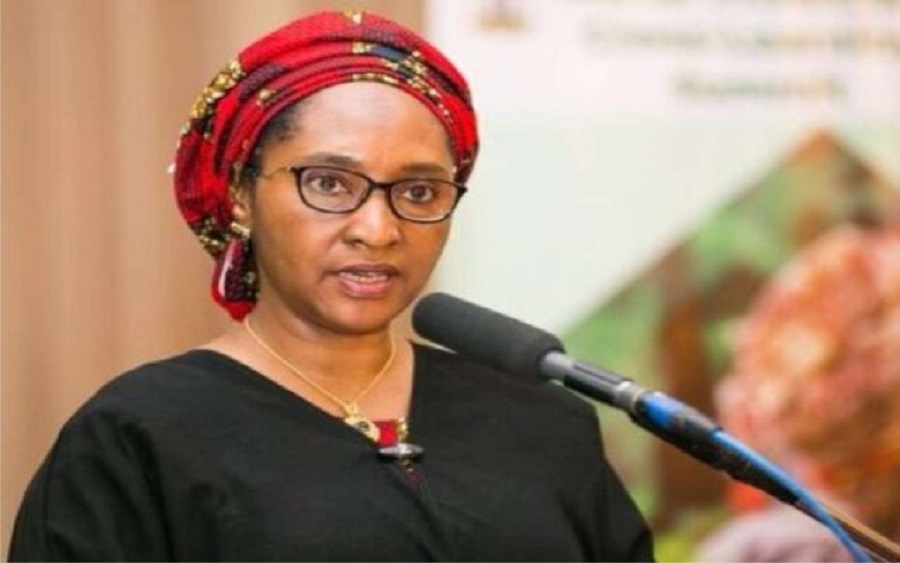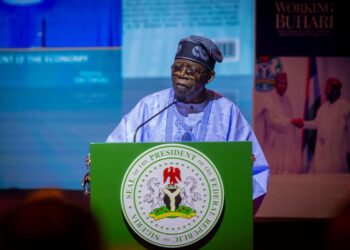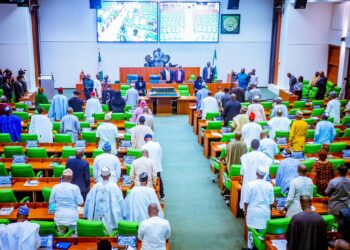Nigeria’s Finance Minister, Zainab Ahmed has revealed that Nigeria’s Energy Transition plan requires spending $1.9 trillion, up to 2060, including $410 billion above Business as usual
Ahmed disclosed this at the public launch of the Nigerian Energy Transition Plan on Wednesday, August 24, 2022.
The Minister added that that plan requires $10 billion till 2060 to deliver additional funding for implementing the energy transition plan.
What the minister is saying
Ahmed said the energy transition plan is a bold and ambitious plan and has the potential to generate monumental impact across the nation.
- She said, “It is important to highlight that this plan requires significant financial investments and support. The plan requires spending $1.9 trillion, up to 2060, including $410 billion above Business as usual
- “This estimation and requirement break down to $150 billion net expense on improving generation capacity, $135 billion on building transmission, distribution and infrastructure.
- “$79 billion for developing clean and cooking solutions, $21 billion on decarbonising industries and $12 billion on transport and another $12 billion on oil and gas decarbonisation
- “We will need to crowd in about $10 billion till 2060 to deliver additional funding required for implementing the energy transition plan.”
She added that access to finance remains the biggest challenge to addressing climate financing in Africa, citing that at COP 26 (Conference for Climate Change) in Glasgow, G7 nations announced $8.5 to support South Africa’s coal phase-out.
She said Nigeria hopes this sets the precedent for a clean energy offer for developing countries like Nigeria as it should offer at least $10 billion per year over the next 2 decades to aide energy transition goals.
“In addition, there needs to be a hiatus on blanket bans for fossil fuel financing in developing countries, particularly for natural gas, which is essential as a transition for baseload power capacity, and clean cooking solutions,” she said.
The Minister urged that bans on natural gas from the West have impeded the capacity to raise financing on key gas infrastructure in Nigeria, saying that it is, therefore, a welcome development the EU labelled natural gas a green investment opportunity.
She added that the FG is also putting in place a 3-year tax holiday for independent power generation and qualified investments, and making investment grade planning tools such as integrated energy planning tool policy, available to demonstrate investment readiness.
- “In addition, we are continuing efforts to address macro-economic issues by developing frameworks for carbon pricing in the country to ensure revenues for climate action. Nigeria has developed data-driven energy part ways and we seek to finance commitments and support from the international community to transition justly and equitably.
- “Nigeria is willing and ready and calls for investors to take advantage of new opportunities of energy transition plan,” she added.
What you should know
- Recall that Nairametrics reported earlier this year that Vice President, Yemi Osinbajo said Nigeria needs to upgrade its power infrastructure, especially for transmission and distribution, using a strategic mix of grid and mini-grid systems.
- He added Nigeria needs an additional $410 billion above business-as-usual investment to meet these goals.





















